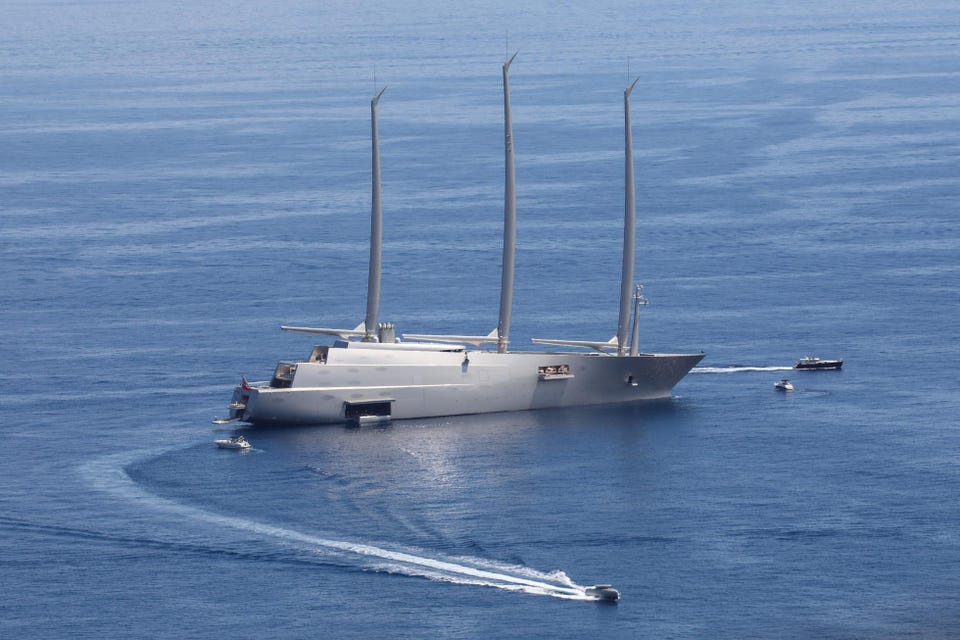Dr. K brings the medium, sensible heat today regarding Russian failures in Ukraine. It’s a good explainer without the jingoism, importantly including the economic offensives alongside the military ones that have been less than dispositive, or perhaps more so depending on your rooting interest.
But the kudos to Europe for not only resisting energy blackmail but in so doing, also for revealing that the planning and execution of the energy transition are well under way:
So what can we learn from the failure of Russia’s energy offensive?
First, Russia looks more than ever like a Potemkin superpower, with little behind its impressive facade. Its much vaunted military is far less effective than advertised; now its role as an energy supplier is proving much harder to weaponize than many imagined.
Second, democracies are showing, as they have many times in the past, that they are much tougher, much harder to intimidate, than they look.
Finally, modern economies are far more flexible, far more able to cope with change, than some vested interests would have us believe.
For as long as I can remember, fossil-fuel lobbyists and their political supporters have insisted that any attempt to reduce greenhouse gas emissions would be disastrous for jobs and economic growth. But what we’re seeing now is Europe making an energy transition under the worst possible circumstances — sudden, unexpected and drastic — and handling it pretty well. This suggests that a gradual, planned green energy transition would be far easier than pessimists imagine.
Read or listen to (not recommended!) the business news any day of the week and everything any normal person would consider good news – strong jobs report, tight labor market, increased consumer protections, penalizing reckless banking and investment behavior – is all cast in terms of doom and gloom. The sky is always falling and we can’t do this or have that and so stop wanting it and vote for more oppression of the powerless. Kick down, pull up the ladders, that’s all we can do.
What if – and yes, caution, slight optimism ahead – all of that is itself just a form of corruption? The fossil fuel industry, just as an obvious example, has been assuring us since the 1970s that it just can’t be done, there is no way to replace coal as our primary energy source, so stop trying. Wind stops blowing. Solar? Have you heard of nighttime? It’s too expensive, too impractical, is itself bad for the environment. Birds! Plus, people hate to see windmills. They don’t want electric cars. Meanwhile what has happened? What is happening?
What if we decided to get even more bold, rather than cowering in fear about what we’re afraid to do, that we are reminded we can’t do? What other issues out there might not be so inviolate?
Guns?



 So… who ever thought The Cossacks Work for the Czar would become a literal trope? If you are keeping score at home, and really should be, the
So… who ever thought The Cossacks Work for the Czar would become a literal trope? If you are keeping score at home, and really should be, the